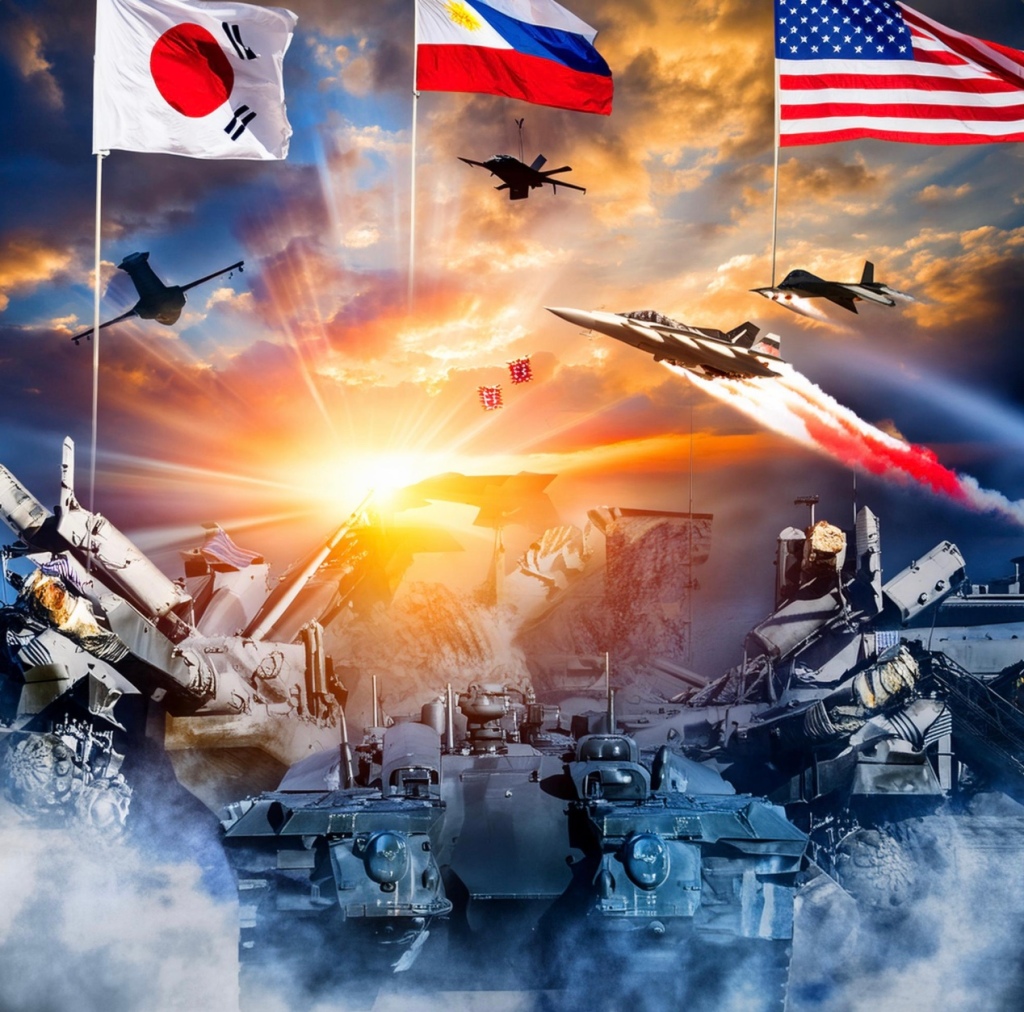
In an era of shifting geopolitical dynamics and escalating tensions, the concept of an Asian-Pacific NATO has emerged as a topic of intense debate and speculation. Much like its transatlantic counterpart, NATO, this proposed alliance would aim to foster security, cooperation, and deterrence in the Asia-Pacific region. But could such a coalition truly materialize, and what role might the Philippines play in its formation?
Recent geopolitical developments have underscored the need for a unified security framework in the Asia-Pacific region. With China’s assertive behavior in the South China Sea and its growing military capabilities, many nations in the region are feeling increasingly vulnerable. In response, discussions have arisen about the possibility of creating an Asian-Pacific NATO to counterbalance China’s influence and ensure regional stability.
Central to the discussion is the strategic importance of the Philippines. Situated at the crossroads of maritime trade routes and boasting a crucial geostrategic location, the Philippines holds immense significance in any security architecture in the region. Its participation in an Asian-Pacific NATO would not only bolster the alliance’s capabilities but also provide a vital foothold in Southeast Asia.
Furthermore, Japan and South Korea, with their advanced economies and robust defense capabilities, are natural candidates for key roles within such an alliance. Their participation would not only lend credibility to the coalition but also contribute significantly to its military strength and deterrence capabilities.
Beyond East Asia, the involvement of traditional Western allies such as the United Kingdom, Australia, and France cannot be overlooked. These nations have longstanding security commitments in the Asia-Pacific region and would bring valuable expertise and resources to an Asian-Pacific NATO.
However, perhaps the most intriguing potential participant is India. As tensions with China continue to simmer along their disputed border, India has increasingly sought to strengthen its strategic partnerships with like-minded nations. Joining an Asian-Pacific NATO could offer India a platform to counterbalance China’s growing influence while solidifying its role as a regional power.
While the concept of an Asian-Pacific NATO is still in its infancy and faces numerous challenges and obstacles, the need for enhanced security cooperation in the region has never been more apparent. As China’s military presence and assertiveness continue to grow, the formation of such an alliance may represent a crucial step towards maintaining peace and stability in the Asia-Pacific region. And with the Philippines poised to play a pivotal role, the prospect of an Asian-Pacific NATO is more tantalizing than ever before.
Leave a comment
No comments yet.













Leave a comment